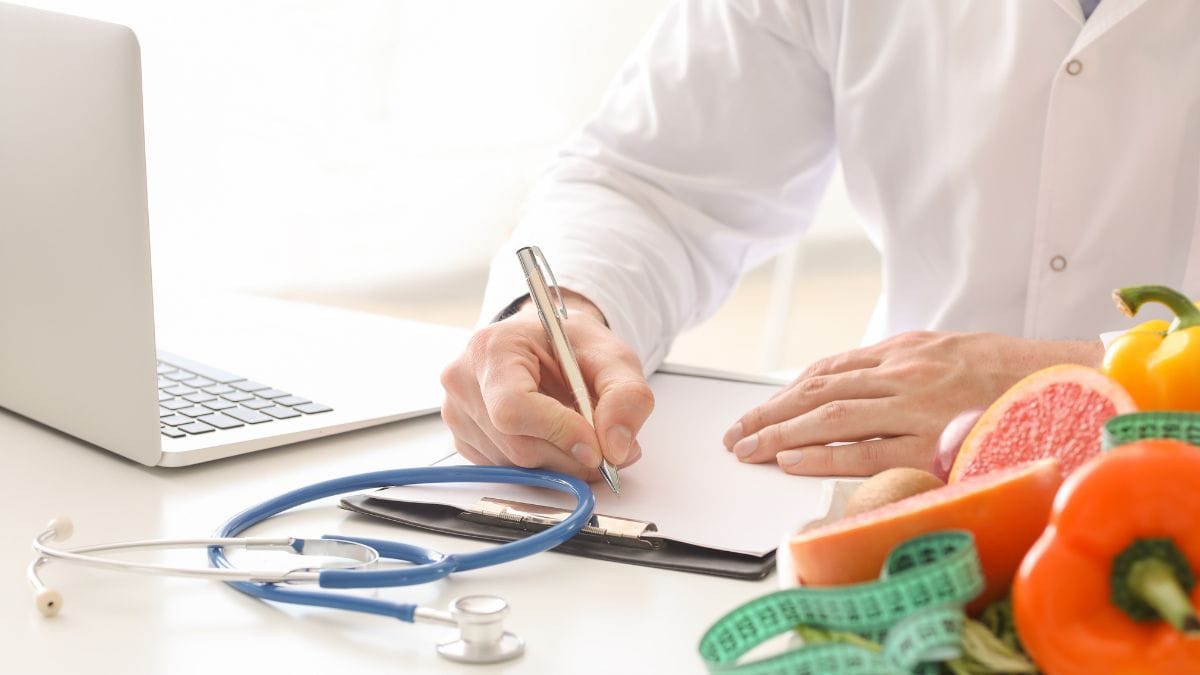What Happens If you Eat Bad Cabbage? (Expert Answer)
Short Answer: If you accidentally eat bad cabbage, you may get food poisoning, which can cause stomach pain, nausea, vomiting, and diarrhea. Cabbage is a leafy vegetable that comes from the head of the plant. It is a versatile veggie that can be used in many ways, such as pickled, sauteed, fermented, or in soups and stews. Cabbage is also known for its health benefits, as it contains vitamin C, fiber, antioxidants, and anti-inflammatory compounds. If you accidentally eat bad cabbage, you may experience stomach pain, nausea, vomiting, and diarrhea. You may also develop more serious foodborne illnesses such as salmonella poisoning. This is because bad cabbage contains harmful bacteria such as E. coli, Salmonella, or Listeria, which can multiply and produce toxins that can cause illness when ingested. These bacteria can cause negative effects such as dehydration, fever, headache, muscle pain, and breathing difficulties. In some cases, they can even lead to hospitalization or death. It is quite common to eat bad cabbage due to improper storage or cooking. Cabbage can go bad quickly if it is exposed to warm temperatures, excess moisture, or mold growth. Cabbage can also become contaminated during harvesting, processing, or handling. You can prevent or treat the symptoms of eating bad cabbage by following these steps: Discard any cabbage that has a slimy texture, a sour or pungent smell, or discoloration. Wash your hands and utensils thoroughly before and after handling cabbage. Store cabbage in the refrigerator, wrapped in plastic wrap or aluminum foil,
